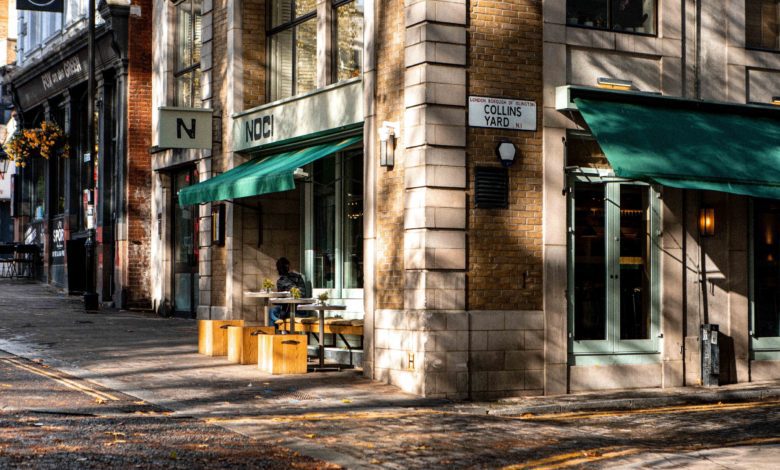
London’s vibrant nightlife has long been a cornerstone of its cultural identity, attracting millions of visitors and contributing significantly to the city’s economy. However, in recent years, life after dark in the capital has faced numerous challenges, from rising costs to venue closures.
Recognising the urgent need to address these issues, Mayor of London Sadiq Khan has finally addressed it by launching a new ‘Nightlife Taskforce.’ The creation of this taskforce comes at a critical juncture for London’s nighttime economy and following the first ‘Night Czar’ Amy Lamé’s resignation.
There are multiple things contributing to London’s struggling nightlife. Young people, traditionally the lifeblood of the city’s nightlife, are going out less frequently, deterred by high costs and limited options. Iconic venues that have shaped London’s cultural landscape for decades are under constant threat of closure, often due to property development and gentrification.
Adding to these woes, the industry is grappling with a perfect storm of rising operational costs and staffing shortages. The aftermath of the COVID-19 pandemiccombined with broader economic pressures, has left many venues and nightlife businesses struggling to stay afloat. It’s within this context that Mayor Khan’s initiative takes on particular significance, offering a glimmer of hope to an industry in need of support and innovation.
The newly formed Nightlife Taskforce brings together a diverse group of 11 industry experts, each bringing unique insights and experiences to the table. At the helm is Cameron Leslieco-founder of the legendary Fabric nightclubwhose appointment as chair signals a commitment to understanding the needs of iconic venues.
The taskforce also includes representatives from key organisations such as the Music Venue Trust, Foldand Pxssy Palaceensuring a broad spectrum of nightlife experiences are represented.
Perhaps most notably, the taskforce includes Michael Kill, CEO of the Night Time Industries Association. Kill’s presence underscores the economic importance of the initiative, with the UK night time economy valued at a staggering £33.3 billion in 2022, according to his organisation.
This economic significance cannot be overstated, as a thriving nightlife scene not only contributes directly to the city’s coffers but also supports a vast ecosystem of jobs and ancillary businesses.
Over the next six months, the taskforce will embark on a comprehensive examination of the challenges and opportunities facing London’s evolving nightlife. Their work will not be conducted in isolation; instead, they will collaborate closely with advisory groups from key stakeholders such as the Metropolitan Police and Transport for London.
Mayor Sadiq Khan has emphasised his unwavering commitment to supporting the nighttime industries, acknowledging the myriad challenges they face. Khan’s involvement signals that nightlife is not just a fringe concern but a central part of his vision for a dynamic, 24-hour London.
As the taskforce begins its work, there’s a palpable sense of anticipation within London’s nightlife community. Many see this as a once-in-a-generation opportunity to reshape the city’s after-dark landscape.












